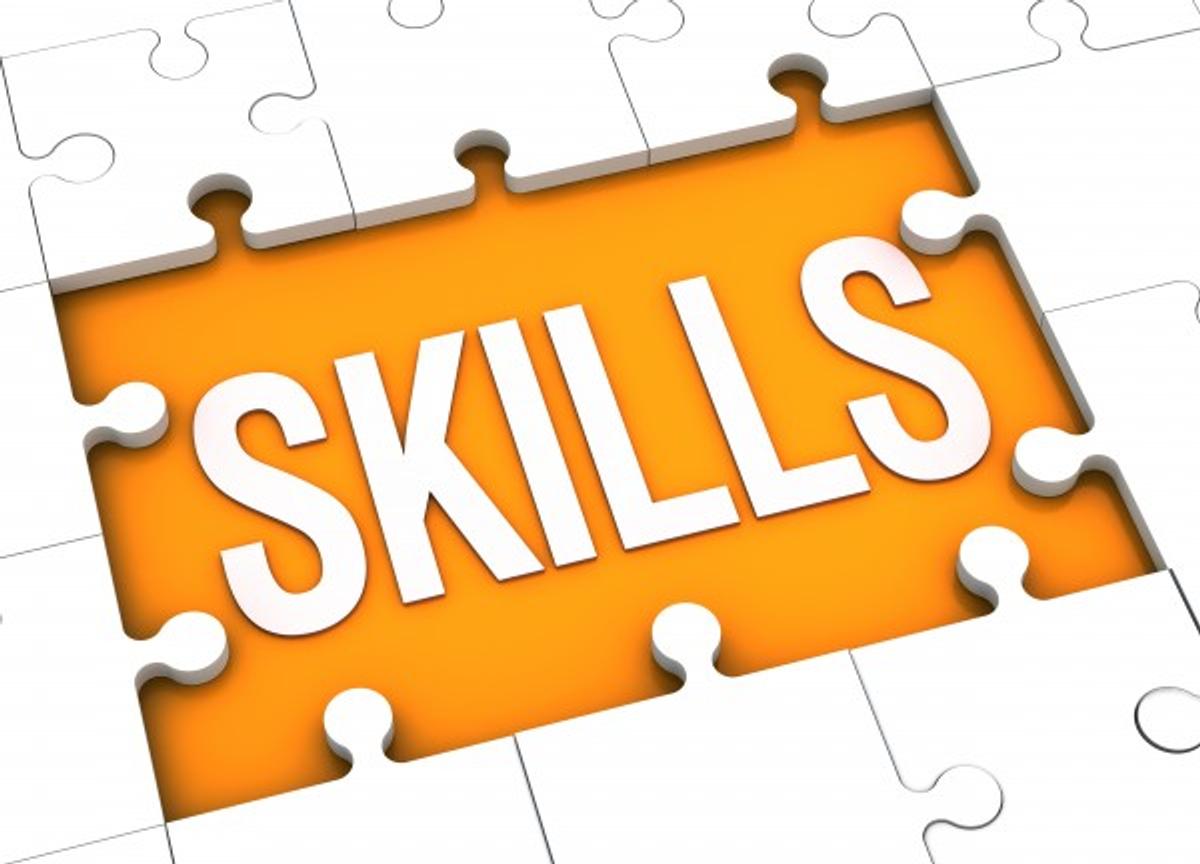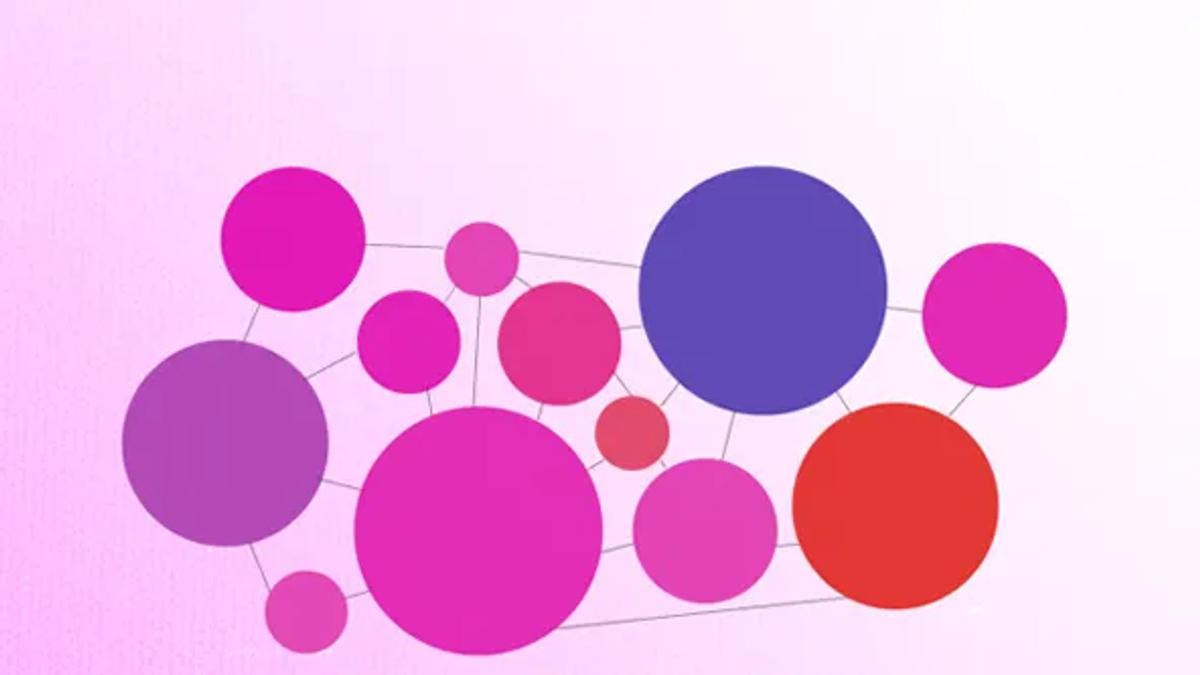Transition and Pathways

10 Ways to Study that Aren't Boring
Sitting down at your desk and studying has probably never been any student’s favourite thing to do…ever. Sometimes there’s just no getting away from the fact that you have to knuckle down and do the hard yards. But there are ways that you can study and learn while having a bit of fun (or at least make the process a bit more enjoyable). If you’re searching for some ideas, here are our top 10 ways to study that aren’t boring:
1. Join homework clubs or study groups
Think of it a bit like going to the gym – some days you just don’t have the motivation, but joining a class and getting the motivation you need can be really helpful. You might also find it more fun and engaging than sitting alone at your desk.
2. Watch documentaries
Some people love nothing better than a great doco! If that’s the case for you, why not search out some documentaries in fields that you’re studying or are related to those subjects and settle in for a good watch.
If watching a documentary isn’t generally your idea of fun, why not give it a try? They could grow your knowledge of real-world issues and topics. They could help you to improve your interdisciplinary thinking by introducing you to subjects you might not usually think about, which in turn might improve your creativity, problem-solving, and social justice skills, as well as your general knowledge.
Watching a movie could also be helpful. For example, if you’re studying English Literature and there’s a movie about your book, or if you’re studying history and there’s a movie about the event or era that you’re studying, they could improve your comprehension and bring them to life for you.
Side note: watching any random TV show, documentary, or movie and telling yourself or your parents that it’s “study” won’t cut it – you’ll have to be selective and look for valuable content.
3. Deep dive into topics online
In September 2020, teens were reported to spend an average of 14.4 hours each week online. So why not make some of that time productive and help you get ahead in school?
Researching ideas, watching video explainers, and finding practice tests or exam questions can all be great ways of using the world wide web to your advantage.
You’ll just have overcome the temptations to go off track. Unfortunately, spending time scrolling through Instagram, watching videos on TikTok, and chatting to your mates on Snapchat don’t count.
4. Do projects or presentations
Researching and putting together a project or presentation won’t just help you to learn about the one topic. You’ll also be developing your:
- creativity
- analytical and critical thinking
- problem solving
- tech, communication, and other skills too
If you find these kinds of activities motivating, why not incorporate them into your personal study time? You could write blogs, make videos, write a letter (such as to your local politician or council), create infographics, design a poster…the options are endless.
Competitions are also an easy way to put your knowledge to the test and challenge yourself. Plus, you’ll be able to add them to your resume and might win some cool prizes.
5. Go places
The classroom isn’t the only environment that’s designed for learning.
You could visit museums, libraries, art galleries, theatres, and go along to educational and careers events.
If you’re interested in politics, you could take a tour of Government or Parliament House.
If law is more your scene, you could sit in the public gallery during a sitting too.
There are lots of ways you can expand your knowledge without staring at your books.
6. Sign up for things that interest you
You could get a lot out of going along to workshops, completing short courses and microcredentials, or joining in with holiday programs.
There are some that you might have to pay for, but others could be free. A great place to start looking is your local library.
7. Think outside the box
These days there are thousands of apps that are designed to make learning fun and engaging, so why not see what’s available and how much they cost.
You could also get a hold of some good old fashioned board games, or learn some card games. Depending on your choices, games could help you to:
- improve your memory
- boost cognitive skills
- increase your processing speed
- develop logic and reasoning
- improve critical thinking
- increase spatial reasoning
- advance verbal and communication skills
- extend your attention and concentration span
- teach problem-solving
- grow your confidence and get better at decision-making.
Not that these should replace traditional study practices, but time spent on these games can be a fun way of winding down, spending time with family and friends, that also have additional benefits to your brain and skills development.
8. Work smarter
Sitting down to study for a solid stretch after a big day at school is not appealing to many people. So why not work smarter by utilising your downtime better and spreading out your study sessions?
You could use any time spent travelling to read over your notes, free periods at school could be helpful too (if you can resist the urge to chat to your mates). If you’re waiting for sports to start or waiting for an appointment, why not hit the books and do a little study?
That way, when you get home you’ll have more time to chill out, play some sport, catch up with friends and family, and generally spend more time doing what you enjoy.
9. Teach others
If you have solid skills in some subjects, you could earn some pocket money and revise everything you’ve been learning while tutoring your peers or younger kids who need a little help.
Teaching other people is a great way to determine how much you know and where the gaps are too. So even if you’re not keen to tutor, you could ask a parent, sibling, or even a friend to sit down and let you “teach” them something.
10. Gain skills
If you have a little time to spare, even if its just 10 minutes a day, why not start learning a new skill?
You could learn to touch type – this will be helpful for getting assignments done, taking notes, and in life generally.
Maybe you could learn the basics for a few coding languages, or start learning a foreign language – this could be useful in a gap year and attractive to potential employers.
Looking for more ideas?
Head over to our study tips page for ideas to help you get motivated and stay focused.
Why Networking is Important for High School Students
As a high school student, you might think networking is something reserved for adults in the workforce. However, building connections and relationships with others is important for people of all ages, including high school students. Whether you’re looking for a job, seeking advice on university applications, or exploring different career paths, networking can open up countless opportunities.
Here are three examples of why networking is important for high school students:
Discovering career paths
Networking can help you explore different career paths and get a better sense of what you might want to do in the future. By talking to professionals in fields that interest you, you can learn about their experiences, ask questions, and gain insight into the day-to-day aspects of different jobs.
Additionally, networking can help you learn about job and internship opportunities that you might not have known about otherwise.
Finding mentors
Mentors are invaluable resources for students. They can offer guidance, advice, and support as you navigate your academic and professional journeys. Networking can help you find mentors who can provide you with personalised advice and help you develop the skills and knowledge you need to achieve your goals.
Building a professional network
Networking can help you build a professional network that you can rely on throughout your career. The people you meet and connect with in high school can become valuable contacts down the road, whether you’re looking for job opportunities, seeking advice, or simply looking to expand your circle of professional acquaintances.
Networking is a valuable skill that high school students should start developing now. Whether you’re exploring career paths, seeking mentors, or building a professional network, the connections you make can help you achieve your goals and open up countless opportunities.
So don’t be afraid to reach out to professionals in fields that interest you, attend networking events, and start building your network today.
Mr Richard O'Connell | Transition and Pathways Specialist










